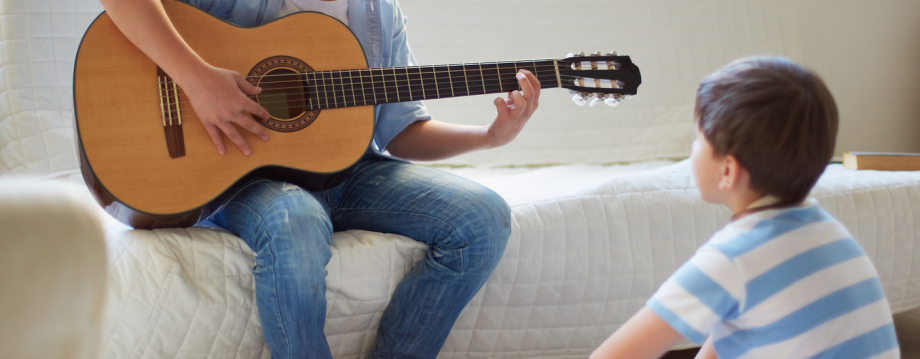Rent vs. Buy
Deciding between renting and owning a home? You’ve probably been contemplating it for awhile because buying a home can be SCARY! But it can also turn out to be one of the most rewarding emotional experiences and smartest financial decisions you’ll ever make. If your job is up in the air or if you’re constantly getting that urge to pack up and move, renting is probably the right choice. But if you’re pretty confident you want to stay in the same place for a least a couple years, purchasing a house might be a better option.
Owning a Home: Cost breakdown
Monthly Payments
The average rent in the Chicagoland area for a 2 Bedroom apartment is approximately $1,600-$2,000 per month, depending on the neighborhood. If you can save up about $10,000 for a down payment, plus a few thousand for closing costs, you could buy a house for $200,000, and have a monthly mortgage payment of approximately $1,421* per month. Even if your monthly utilities for Electric, Gas, and Water are $200 – you’re still spending less each month to own than if you rented. Keep in mind it would helpful if you could save the excess money for any future home repairs or renovations.
While it may sound like you’re losing out on $10,000 you’re actually just building a savings account with it. Not to mention, a portion of your monthly payments are adding to that savings account instead of your landlord’s. Think of it this way. After renting for 10 years, you walk away with nothing; whereas if you own a home for 10 years, you’ve built up equity to eventually refinance and take cash out or to purchase a new home.
*Assumes: 4.75% Interest rate, $100-mortgage Insurance, $80 – homeowners insurance, and $250-Real Estate Taxes.
Other Homeownership Costs
It’s estimated that home maintenance can cost about 1-2% of the cost of the home per year. Some years you might get lucky, and other might leave you feeling like there’s no end in sight. It’s important to understand the condition of your house when you purchase it and account for unexpected emergencies. Furthermore, general maintenance like lawn care and snow removal are other costs you’ll want to consider.
Here’s a list from NerdWallet for typical lifespans of important housing components:
According to the National Association of Home Builders and Consumer Reports
- Roof: Typically 20 to 30 years, depending on material, although slate, copper, clay or concrete roofs have an expected lifespan of more than 50 years.
- Flooring:
- Carpets: 8-10 years
- Linoleum: 25 years
- Vinyl: up to 50
- Wood, Marble, Slate and Granite: can last 100 years
- Decks: About 20 years “under ideal conditions”
- Gas furnace: 18 years
- Electric furnace: 15 years
- Central air conditioner: 15 years
- Gas range: 15 years
- Electric range: 13 years
- Refrigerator: 13 years
- Dryer: 13 years
- Freezer: 11 years
- Washing machine: 10 years
- Dishwasher: 9 years
Tax Savings/Credits
You should contact your tax professional for any changes to tax codes, but there are usually tax credits and tax savings associated with owning a home. You can typically write off mortgage interest and paid real estate taxes for savings if you itemize your taxes. Some tax credits also apply, in varying amounts, for “green” updates in windows, doors, insulation, roofing, and HVAC.
Ready to start your journey to home ownership? Enjoy the ride!


